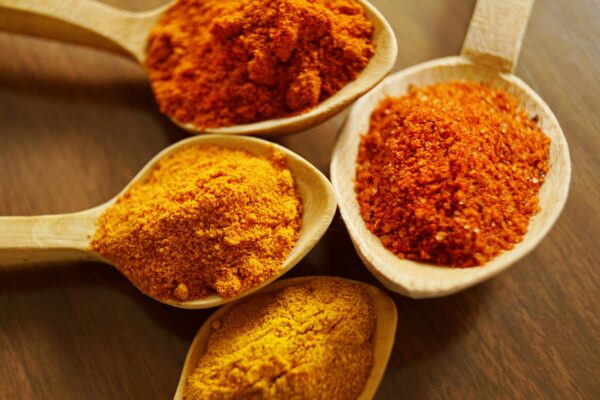- Water is the best thing you can take to help you get over the flu.
- Some of the best foods you can eat when you have the flu are broth, leafy greens, fruits high in vitamin C, and oatmeal.
- Yogurt is abundant in vitamins that can help decrease intestinal malfunction, which might help flu sufferers who are experiencing nausea or vomiting.
- This article was reviewed by Tania Elliott, MD, who specializes in infectious diseases related to allergies and immunology for internal medicine at NYU Langone Health.
- Visit Insider’s homepage for more stories.
When you’re sick with the flu, it’s no fun trying to figure out what to eat and drink. That’s why we’ve put together a list of doctor-recommended foods and fluids to help.
What to drink when you have the flu
Water is the best thing you can consume to help you get over the flu. “During an infection, the body’s basal metabolic rate increases, which can lead to increased loss of fluids, and you need to increase hydration with water to mitigate these losses,” Ian Nelligan, MD, of Stanford Health Care, tells Insider.
Nelligan says to avoid drinks like soda, sports drinks, and juice because of their high sugar content. Large amounts of sugar can cause diarrhea, which will only dehydrate you more.
“A little bit of sugar is OK when you are feeling unwell, but high sugar content in beverages like soda, juice, or Gatorade can cause diarrhea, so we do not recommend them in people who are experiencing symptoms of diarrhea or upset stomach from influenza,” says Jessica Cheng, MD, of the University of California Davis Health.
As for alternative low-sugar beverages like coffee and tea, opt for caffeine-free. Caffeine can cause headaches and jitteriness, which can make you feel worse, especially if you are combining it with over-the-counter cold and flu medications.
And alcohol? That's off-limits as well. "Alcohol is dehydrating and should be avoided," Nelligan says.
What to eat when you have the flu
The flu comes with a slew of nasty symptoms, including muscle aches, runny nose, vomiting, and diarrhea. These symptoms not only dehydrate you but deplete you of important nutrients and calories, which are key to fueling your body with the energy it needs to fight the infection.
That's why, in addition to water, you should eat food to replenish what you've lost. Charles Peters, MD, of the Mayo Clinic Health System, recommends these foods:
- Broth
- Chicken soup
- Yogurt
- Fruits high in vitamin C
- Leafy greens
- Broccoli
- Oatmeal
- Pepper
- Horseradish
Broth and chicken soup contain significant amounts of sodium, which is a type of electrolyte that can help your body stay hydrated by making you retain water. Beware, though if you have a medical condition that requires you to be on a low-sodium diet.
Yogurt is abundant in protein, calcium, zinc, B vitamins, and Vitamin D, which can help decrease intestinal malfunction. It also contains a number of probiotics, which promote healthy digestion. This might help flu sufferers who are experiencing nausea or vomiting.
Leafy greens, broccoli, and fruits - like oranges, strawberries, pineapples, kiwis, and mangoes - are a rich source of vitamin C, which studies have shown can reduce the duration of your illness. Vitamin C is also particularly effective at helping fight off the common cold.
The fiber in oatmeal can alleviate stomach and intestinal problems.
Preliminary studies suggest that some other promising remedies include garlic and ginseng, but more scientific evidence is needed for definitive proof that these remedies work for most people.
Fluids versus food: Hydration is more important
When you're sick with the flu, you might not feel like doing anything, including eating or drinking. So when push comes to shove, which is more important?
"Food is not as important as hydration during the acutely ill period," Cheng says. "When you are sick with fever, your body is using more energy, so it is important to stay well hydrated and keep your electrolytes replenished. "Maintaining adequate hydration is your number one priority."
"You may not feel hungry when you are sick with influenza, and that's OK," Cheng says.
Related stories about the flu:
- How the flu vaccine is made
- How to prevent the flu, according to doctors
- Yes, the flu is contagious. Here's when you're most likely to spread the virus
- You can't get the flu from the flu shot, but there are side effects
- How long the flu should last and when you should see a doctor
- The flu vaccine is not 100% effective but you should still get it every year










